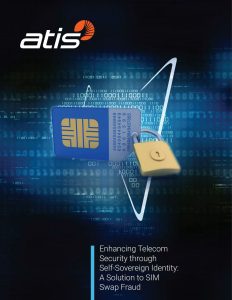
In an era dominated by digital connectivity, the rise of Subscriber Identity Module (SIM) swap fraud has emerged as a significant threat, jeopardizing the security and privacy of individuals and enterprises alike. This sophisticated form of identity theft involves malicious actors persuading telecom carriers to transfer a user’s mobile telephone number to a new SIM card, which grants them unauthorized access to sensitive information and accounts. The consequences of SIM swap fraud have repercussions in personal, business, and telecommunications realms, leading to financial losses, compromised confidential data, and a widespread sense of vulnerability among consumers.
Moreover, the challenge is compounded by the current difficulties in managing and detecting SIM swap and port-out fraud, prompting recent FCC interventions aimed at safeguarding consumers from these threats. Upon gaining access to a consumer’s mobile phone number, the potential for further fraudulent activities, including unauthorized access to bank accounts, significantly escalates. This underscores the critical need for robust solutions to mitigate these risks and protect effectively consumer interests.
As technology advances, so do the tactics of cybercriminals, necessitating innovative solutions to safeguard individuals and organizations against the dangers of SIM swap fraud. This report introduces a robust countermeasure—Self-Sovereign Identity (SSI)—as a transformative approach to combat rampant SIM swap and port-out fraud. SSI not only addresses the core vulnerabilities of current identity verification systems, but it also gives users cryptographic proof of their identity and ownership of their telephone numbers. By shifting the paradigm from centralized to user-centric, decentralized management, SSI stands as a pillar of resilience against the growing tide of telecom-related fraud.

